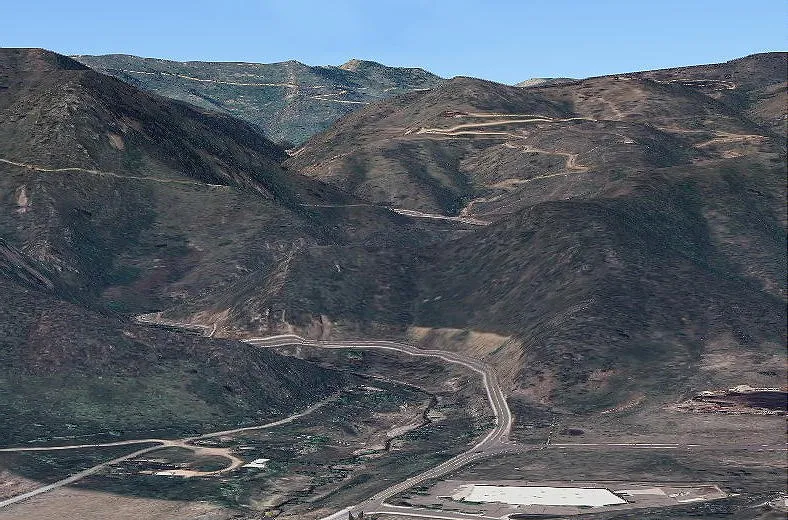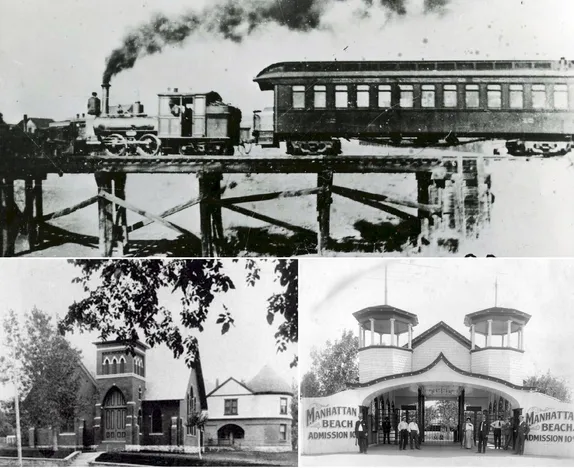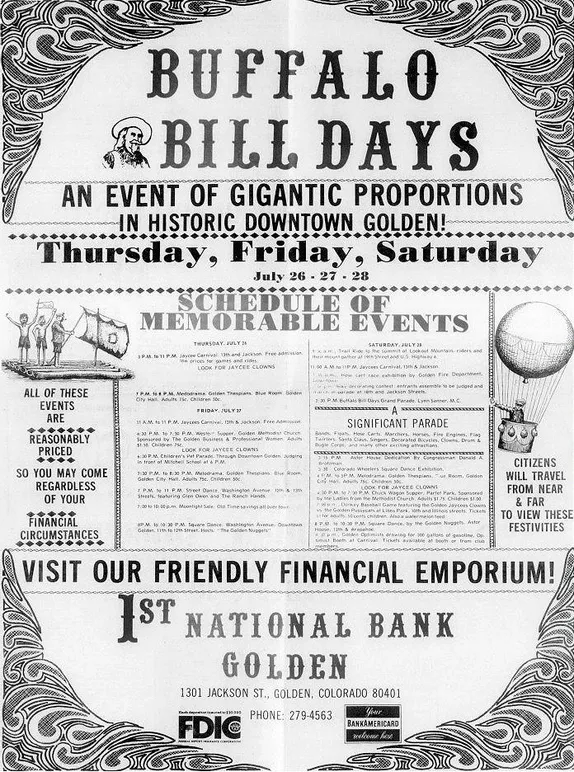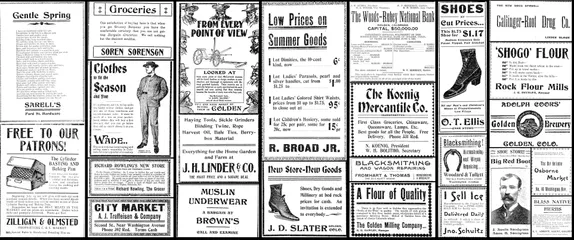98 Years Ago
The April 8, 1926 Colorado Transcript wrote that work was beginning on the Golden Gate Canyon Road. They were using convict labor to build the road, and set up a camp at the mouth of the canyon to house the convicts.
Convict labor had long been subject to debate--not as a humanitarian issue, but because it provided competition to free market labor. In 1893, the Transcript wrote:
The convict labor question is a vexed one in most of the states, as free laboring men object to prison labor being brought into competition with their own. There is a good deal in this, of course, but it seems as though it was just as bad to compel the people to use their free earnings to support criminals in idleness.
Colorado Transcript - January 18, 1893
The state more or less resolved the issue by using convicts for building state highways. As the state became more populated and automobiles came into wider use, the need for roads was unending.
In 1910, the Transcript wrote:
Laboring men and trade unions should have no objection to the proposition to work convicts on the public roads. The work they perform is extra work, and something that could not be done if it were necessary to pay for it at regular wages...no good citizen should discourage the plan.
Colorado Transcript - December 15, 1910
Little more was said about the Golden Gate Canyon Road project, but the convicts worked on the road from mid-April till mid-December.
A 1927 Transcript article said that the highway department preferred using non-convict labor.
The highway department states that convict labor is not profitable in performing road work and that money can be saved to the state by contracting road jobs.
The article went on to cite George Duvall, a Golden resident who owned Duvall-Davison Lumber and was the Chairman of the State Highway Advisory Board.
Illustrating this point Geo Duvall, who is a member of the state highway advisory board, supported by Peter Seevil, a member of the same board, states that the convicts as they are sent to them are tender not used to hard work, and when put to heavy road duty, often get sick and are a liability in the place of an asset.
Colorado Transcript - May 12, 1927









